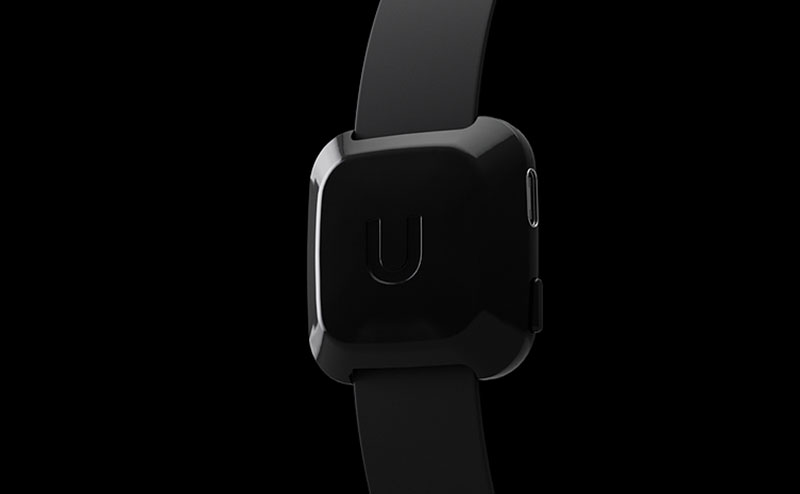
Know Labs, an emerging leader in non-invasive medical diagnostics, introduced the KnowU™, a new portable medical-grade glucose monitoring device that utilizes Bio-RFID™, Know Labs’ non-invasive diagnostic technology.
Read more: Supersapiens Glucose Display Wearable Is Designed Specifically For Athletes
The KnowU is a convenient, non-wearable, on-the-go alternative to fingersticks, which are used to check blood glucose levels, often multiple times per day, by more than 90% of the global population with diabetes. The KnowU joins the Know Labs UBand™ as an additional non-invasive glucose monitoring solution and an extension of the product portfolio, powered by Bio-RFID. UBand is a medical-grade wearable continuous glucose monitoring device. Both have the potential to revolutionize how 1.5 billion people manage their diabetes or pre-diabetes. The KnowU is expected to begin the FDA pre-approval process in 2022, reports BusinessWire.
The KnowU has two elements: a base that powers the device and displays blood glucose readings, and a pocket-sized battery-powered portable monitor that contains the Bio-RFID sensors, which can be carried by the user to check blood glucose levels on the go. Like the UBand, the KnowU will use Know Labs’ smartphone app to store and display readings.
“We know that not all people with diabetes are looking for a wearable continuous glucose monitoring device to manage their diabetes. Some simply want to replace the painful, inconvenient and expensive fingersticks they currently rely on,” said Phil Bosua, Know Labs CEO and Bio-RFID inventor. “The Bio-RFID sensor we currently use for our internal product testing fits in your pocket and is ready for final use, so we decided to create the KnowU as a portable, affordable and convenient alternative requiring no disposable items, such as test strips and lancets.”
“The addition of the KnowU to our product portfolio does not change our timeline for the UBand commercial launch, which is proceeding as planned,” said Ron Erickson, Know Labs Founder and Chairman. “The KnowU leverages the same science and technology created for the UBand and will be faster to build and commercialize therefore accelerating our time to launch. Our Bio-RFID technology is form-factor agnostic and the KnowU is a great example of how we can leverage it to increase Know Labs’ addressable market and guarantee we have multiple product solutions for every need.”
Know Labs is focused on launching what the company believes will be the world’s first non-invasive medical-grade glucose monitoring solution, via two devices.
Read more: PKvitality’s K’Watch Glucose Is a Smartwatch That Provides Continuous Glucose Monitoring
Know Labs’ technology uses spectroscopy to direct electromagnetic energy through a substance or material to capture a unique molecular signature. The Company refers to its technology as Bio-RFID. The Bio-RFID technology can be integrated into a variety of wearable, mobile, or bench-top form factors. This patented and patent-pending technology makes it possible to effectively conduct analyses that could only previously be performed by invasive and/or expensive and time-consuming lab-based tests.


